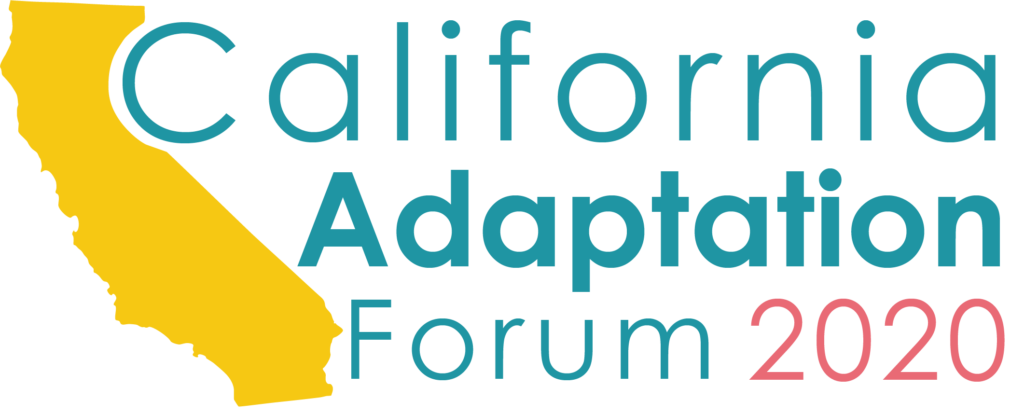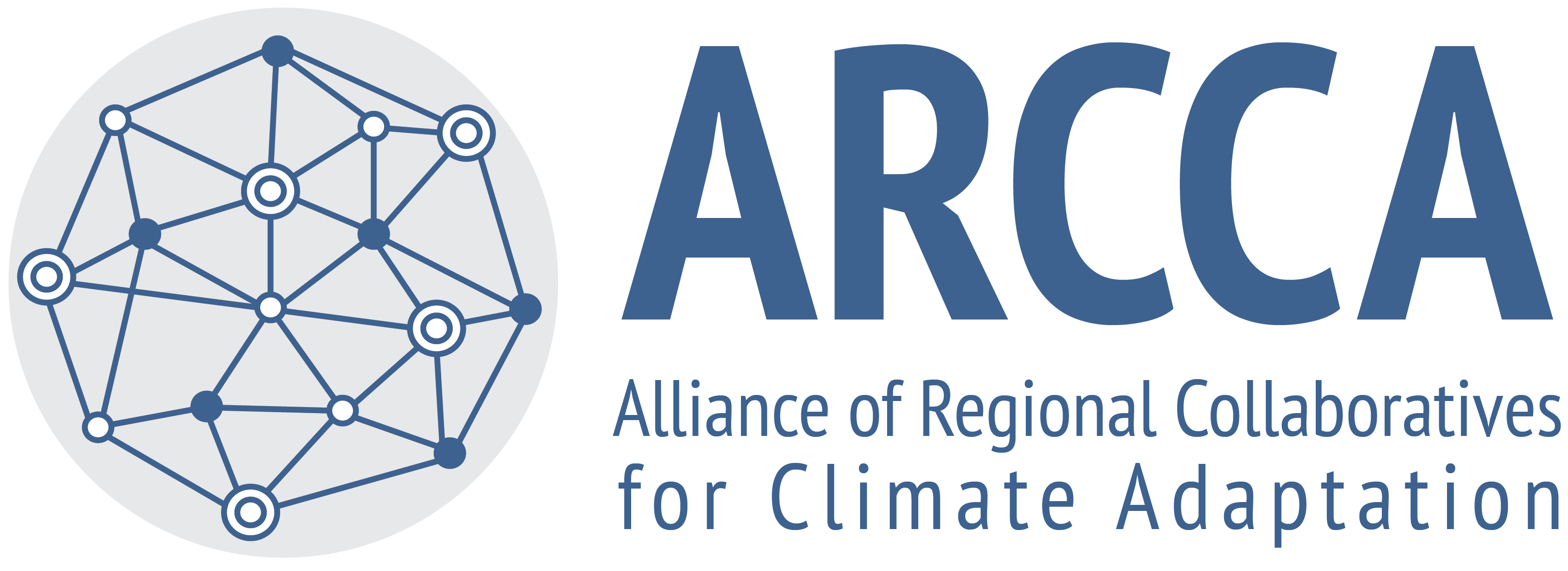Local Government Commission Organizers
The Local Government Commission (LGC) is a nationally recognized non-profit organization with a rich history of connecting leaders, advancing policies and implementing solutions for sustainable communities. For the last 35 years, the LGC has been at the forefront – identifying promising approaches and fostering persuasive models that can be replicated and used to inform public policy.
LGC has played a catalyzing role in helping local governments reduce greenhouse gas emissions and adapt to the threats they are already facing.
Starting in 2006, the LGC was a progressive voice working with state agencies to account for the critical role of local governments in reducing emissions within AB-32 and SB-375. The LGC was the first to help local governments grapple with the new legal and regulatory requirements of dealing with climate change within CEQA – by partnering with then-Attorney General Jerry Brown on a statewide series of workshops and then with OPR and Senator Steinberg’s office on implementing SB-375.
In 2010, LGC led two of the first regional climate change vulnerability assessments in San Luis Obispo and Fresno counties, and worked with stakeholders to develop some of the first adaptation strategies within climate action plans. Since then, LGC has helped to further catalyze adaptation efforts by initiating the creation of the statewide Alliance of Regional Collaboratives for Climate Adaptation (ARCCA) and the Capital Region Climate Readiness Collaborative (CRC), both of which are coalition programs of LGC.
In 2014, LGC started CivicSpark, a Governor’s Initiative AmeriCorps program, aimed at building local capacity to address climate change impacts. Each year, 90 fellows support over 100 public agencies build their capacity to better respond to climate change and water resource management challenges throughout the state of California.
In recent years, LGC supported two research projects as part of California’s Fourth Climate Change Assessment, helped to launch the Bay Area Climate Adaptation Network (BayCAN), and continues to support numerous local and regional efforts including the Capital Region Urban Heat Island Project and Resilient IE.





